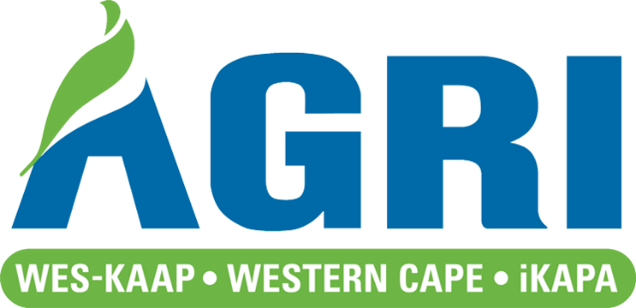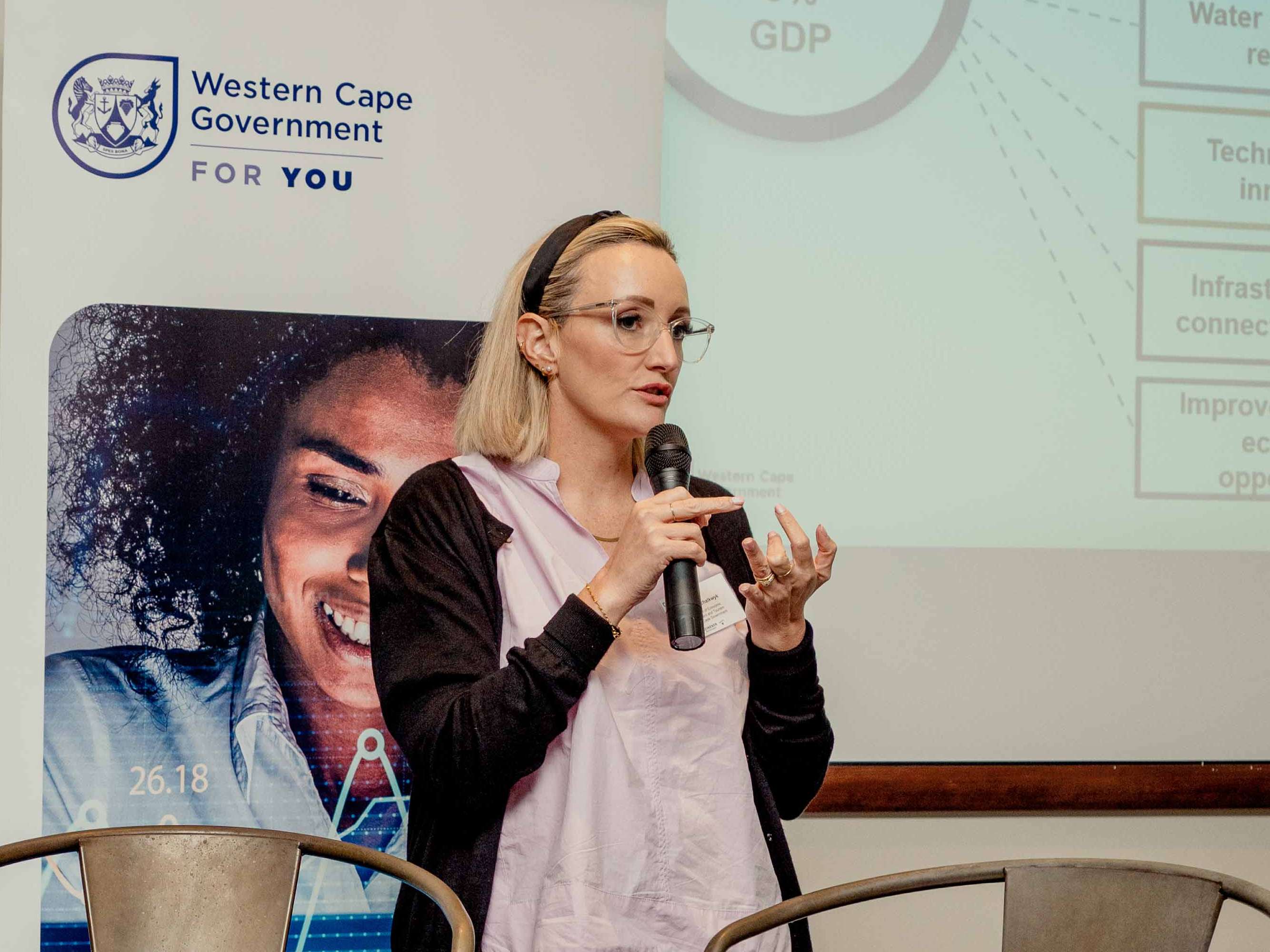The Western Cape Agriculture Sector is one of the Province’s key sectors in terms of jobs, exports and contribution to GDP. It also has huge historic significance as the backbone of the regional economy and a major draw card for job-seekers.

The Chamber supports local area and sector development by providing the following:
1. Enterprise development - increasing awareness of opportunities for learning, development and links to expertise.
2. Networking events - enabling members to connect with new customers, suppliers, experts and decision-makers.
3. Support sector associations to strengthen their cluster facilitation capabilities.
4. Strengthening of dialogue with the public sector - towards more effective public investment, smarter service delivery, procurement efficacy and to stop doing what the private sector can do with greater efficacy.
Related Links:
Agri Western Cape – Agricultural Association for Commercial Farmers
In 2023, South Africa's agricultural sector, especially in the Western Cape (WC), demonstrated resilience amid challenges like fluctuating international commodity prices, local economic issues such as loadshedding, high unemployment, and governance failures. While the agricultural GDP in the WC showed volatility, the sector's overall strength persisted, building on the robust growth achieved in 2020 and 2021.
The Western Cape Department of Agriculture's Annual Performance Plan for 2024/25 emphasises continued focus on five critical levers: investment, infrastructure, export promotion and facilitation, skills development, and resource resilience.
From 2012 to 2022, agriculture, responsible for more than half of South Africa’s exports, led the nation’s export growth, with a 219% increase. Despite facing droughts and currency instability, favourable climate, advanced farming techniques, and market diversification fuelled this growth.
The Western Cape was key, particularly in fruit exports, supported by diverse climates, fertile land, and advanced post-harvest technologies. During this period, fruit exports surged, with cranberries and bilberries increasing by 1,300%, and mandarins, a new export, contributing 3.4% to the total.
In the third quarter of 2023, South Africa's agricultural exports increased by 14% compared to the second quarter, rising from R62.8 billion. Key contributors to this growth were soya bean flour and meal (up 7579%), soya beans (128%), maize products (53%), mandarins (31%), wheat (22%), oranges (20%), apples (19%), and maize (17%). However, exports of raw cane sugar, nuts, and wine declined during this period.
South Africa's agricultural imports declined by 1.2% compared to the second quarter, dropping from R33.6 billion to R33.3 billion. Notable increases were seen in imports of tobacco (up 246.2%), roasted malt (38.8%), rice (40.3%), poultry meat (29.8%), and wheat (20.1%).
However, imports of palm oil, live cattle, preserved sardines, crude sunflower oil, beer malt, and food preparations saw significant declines during this period.
Africa remained the top market for South Africa's agricultural exports, accounting for 32% of total exports. Botswana (16%), Mozambique (16%), Namibia (14%), Zimbabwe (13%), and Zambia (8%) were the leading African markets. Asia and the Middle East followed, with a 31% share, Europe at 27%, the Americas at 8%, and the UK at 6%. Export growth was mostly positive, with global exports rising 16%, Africa 5%, Europe 21%, and the Americas 41%. However, UK exports declined by 13%. In Asia, China (23%) and the UAE (14%) were key markets, while in Europe, the Netherlands led with 36%. The USA dominated in the Americas, with 68% of exports.
Sources: Western Cape Department of Agriculture Annual Performance Plan 2024/25; Western Cape Government Provincial Treasury: Provincial Economic Review & Outlook 2023; National Agricultural Marketing Council: South Africa’s Agricultural Export Performance Quarter Three, 2023
Cape Chamber: The Agriculture Sector Portfolio Committee Update
The agricultural sector is performing well despite recent challenging weather conditions, with a promising citrus harvest underway.
Key impediments to growth include: Poor infrastructure, particularly gravel roads and the Cape Town Port.
Current priorities for improvement: The focus is on infrastructure repairs, especially following flood and wind damage, as well as enhancing rural safety.
We welcome your engagement in growing our economy!









